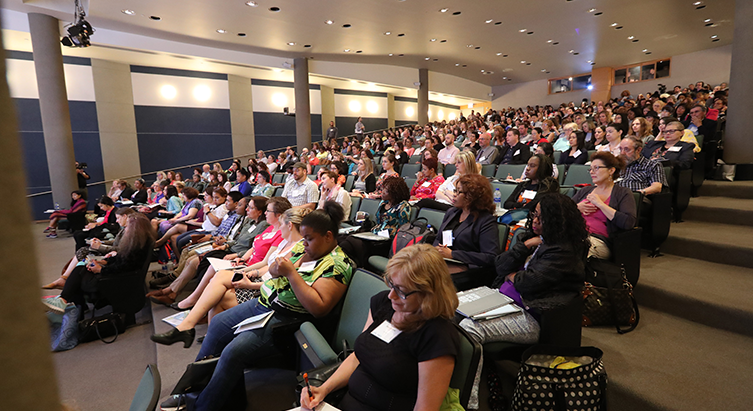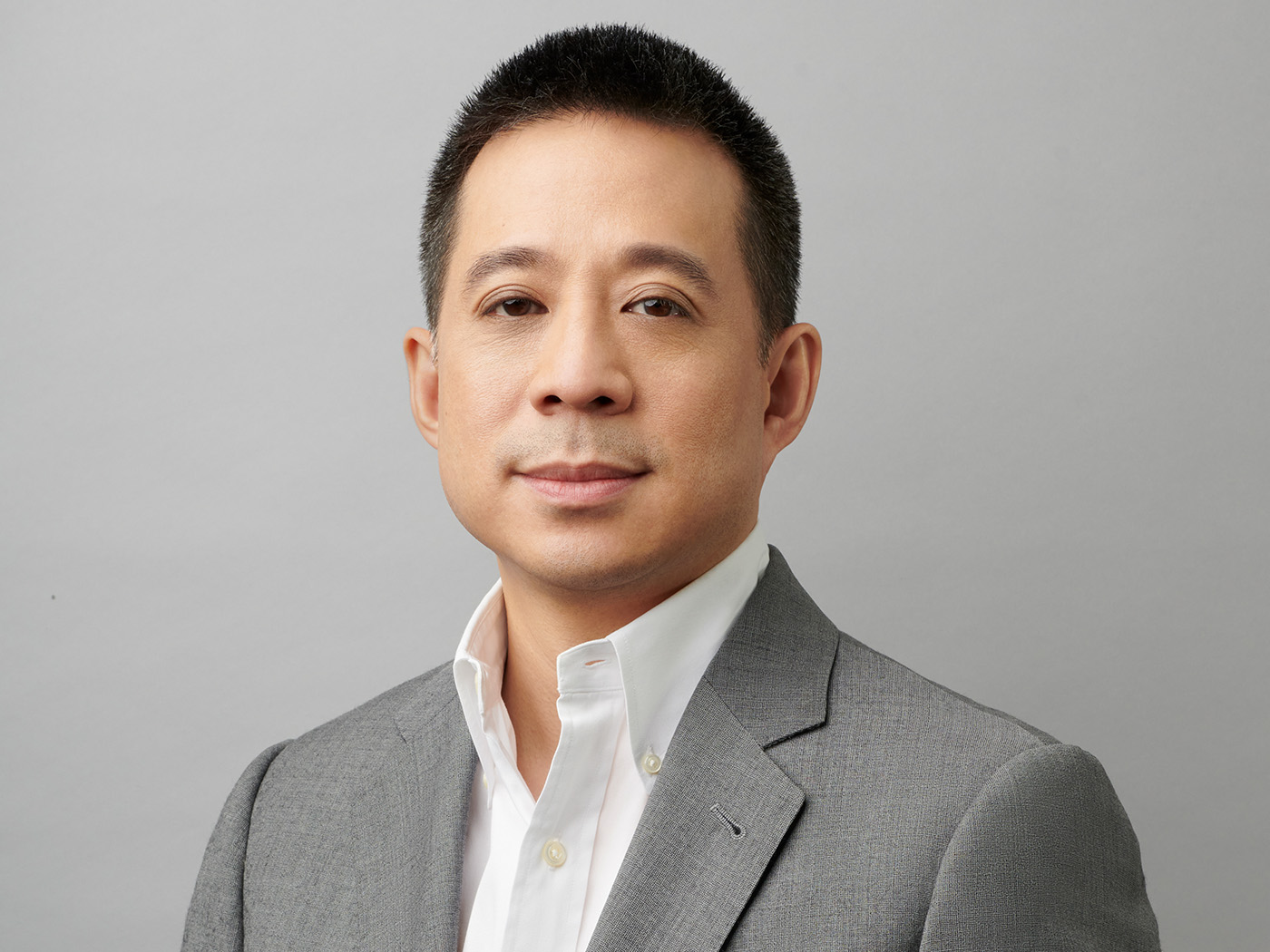On Friday, June 22, CEW Foundation’s Cancer and Careers National Conference on Work & Cancer kicked off a daylong event that drew cancer patients and survivors, caregivers, healthcare professionals and employers in an effort to provide guidance, offer practical tools and relay advice related to balancing work with a cancer diagnosis and recovery.
The annual event, CAC’s signature program, grew 155% in attendees since its 2011 launch. Taking place in New York City at the CUNY Graduate Center, the agenda consisted of a series of general sessions and targeted breakout sessions on topics ranging from skill-building, job search and health insurance, to self-confidence and stress management.
Sponsors for the event included Genentech, Eisai, Pfizer Oncology, P&G Beauty, QVC, Tweezerman, Cancer Treatment Centers of America, Workplace Transitions for People Touched by Cancer and Susan G. Komen of Greater New York City.
Kicking off the day’s program was a panel titled The Doctor’s Perspective. Jenny B. Fine, Executive Editor, Beauty, for Women’s Wear Daily, moderated the panel, which featured Alan Astrow, MD, FACP, from New York–Presbyterian Brooklyn Methodist Hospital & Weill Cornell Medical College; Victoria Blinder, MD, MSc, from Memorial Sloan Kettering Cancer Center; and Ruth Oratz, MD, FACP, NYU School of Medicine. Fine, a cancer survivor, used her experience to guide the conversation. Here, some of the key takeaways from the panel. For more information and programs about balancing work after a cancer diagnosis, please visit www.cancerandcareers.org.
Talk to Your Doctor About Lifestyle/Work
Dr. Oratz said her role as a doctor is to listen, but it’s also incumbent on patients to discuss what their life is like, the nature of their work and whether working from home is a possibility. Dr. Blinder aims to provide immediate and long-term recommendations for her patients who are trying to balance cancer and employment. It’s important to note whether treatment goes on or has a definite end date, she said. “Most oncologists are a resource and an advocate,” she said. “A lot of patients don’t know that.” Dr. Blinder suggested that patients come prepared to appointments with information about their job — and their objectives (e.g. taking time off, working part time) as they relate to their job — so doctors can help. Fine added that having a weekly goal helps (e.g., finishing a report or working three out of the five days of the work week) and puts less pressure on the patient to figure it all out immediately. Dr. Astrow added that while the initial diagnosis is typically a shock, a doctor’s job is to help minimize disruptions.
Be Prepared, Ask Questions
Dr. Astrow emphasized asking your doctor about everything, not just about treatment. In fact, one of the points of the panel was to educate attendees that doctors can talk about more than treatment specifics, but also about the impact treatment has on everything else. “Draw on your resources; you got through things before and you’ll get through this,” he said. One key to getting doctors’ attention when they’re in a hurry and seemingly focused on their computer screens (they’re required to log details of appointments while they’re with you) is to bring a list of questions and topics to discuss. “Don’t wait until it’s an issue that can’t wait; discuss what’s going on when it comes up,” he explained. “You risk the issue getting worse otherwise.” Dr. Astrow recommended bringing another person to appointments. “Your friend may be more apt to asking questions and the more you ask, the better.”
On Working During Treatment
Dr. Blinder said that working during treatment is helpful for patients in that it allows them to focus on “normal life” — and not on the disease. She advised having a routine if working isn’t an option, as it’s beneficial psychologically and physically. Dr. Oratz noted that it’s also important not to ignore the financial reality of working and suggested talking to a benefits coordinator at work to maintain financial wellbeing. Fine advised talking to a manager to clear up what you can and can’t do. “Team building is especially important during this time,” she said.
If Your Job Isn’t Protected
Dr. Blinder has researched women in low-income jobs and has found that those in small work settings are most vulnerable. These are the people who will be replaced if they stop working, and depending on the economic climate, it can be difficult to relocate to another job. She advised negotiating with one’s employer. “Be your own advocate, but discuss the situation and take your employer’s needs into consideration,” she said.




